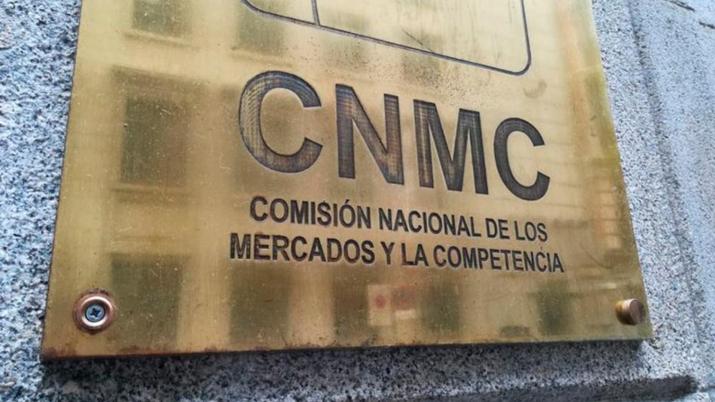Movistar, Vodafone and Orange have achieved a judicial victory against an MVNO that demanded that these three operators share one of their networks and allow them to facilitate a wholesale access offer.
The blue, red and orange, however, have obtained the approval of the CNMC and will be able to continue exclusively operating these networks that they themselves have deployed without the need to rent them to third parties.
Movistar, Orange and Vodafone will not share networks
Three of the large national operators have managed to get the National Markets and Competition Commission to rule in their favor and will not be forced to share their Low Power Wide Area Network (LPWAN) networks. These networks are what make the Internet of Things (IoT) work and differ from traditional networks in that they operate with greater energy efficiency so that the batteries of connected devices last longer, as well as supporting a greater number of connected devices. in a larger area.

Specifically, the CNMC has dismissed the lawsuit from Alai Telecommunications Operator, known simply as Alai, who claimed access to LTE-M1 and NB-IoT mobile coverage from Movistar (it operates with both), Vodafone (it has NB-IoT) and Orange (LTE-M1). These are standardized technologies for use in mobile operator bands with low transmission speeds, of a few Kbps (NB-IoT) or up to 1 Mbps (LTE Cat-M1).
Exclusive IoT mobile coverage
The resolution of the case by the CNMC considers that it is legitimate for Orange, Vodafone and Movistar to refuse to provide an offer of wholesale access to their LPWAN technologies to Alai. They considered that wholesale access to LPWAN technologies developed on proprietary use bands should be considered part of the wholesale access market.

The resolution states the following: “After analyzing the aforementioned aspects, it is concluded that Alai has LPWAN technological alternatives in the market to compete with those that use bands for private use and also has commercial alternatives that would allow it to use LPWAN technologies over bands. for private use such as Sponsored Roaming. To the above we must add that in the market there are other operators and agents that compete in the M2M communications market. [máquina a máquina] without having the spectrum for private use and that have reached agreements with other entities.”
Thus, Movistar, Orange and Vodafone will be able to continue using their network and will not need to present an offer for access to LPWAN technologies available to third-party operators, and will be able to continue operating exclusively on these networks that they have deployed in recent years to connect devices. IoT.
To make matters worse, the CNMC’s possibility of mediation was limited, since MVNOs are considered a deregulated sector and the competition agency can only really intervene in the
framework of an unregulated market, “when there is no obligation imposed by the Ministry of Economic Affairs and Digital Transformation of the shared use and access to the public domain, it is conditional on appreciating the need to satisfy the general interest, and in the interests of guarantee the interoperability of communications, effective competition and the benefit of consumers and users (objectives contemplated in article 3 of the LGTel), according to the terms mentioned in the previous rulings. On the contrary, in the event that the achievement of these objectives is not proven and the applicant can find alternatives in the market through other operators that are in a position to provide the service under similar or better conditions, the intervention of the CNMC would not be necessary.”
Alai clung to this need to satisfy the general interest, who considered that services such as “smart agriculture, smart public lighting, smoke detectors, water meters, smart energy meters, security systems or remote management of vending machines” They were of public interest.












